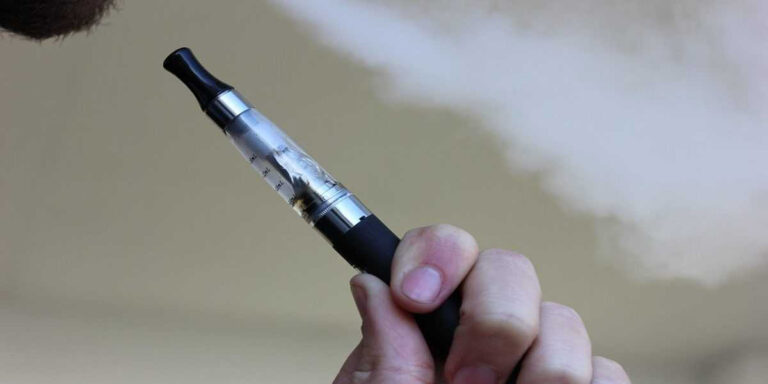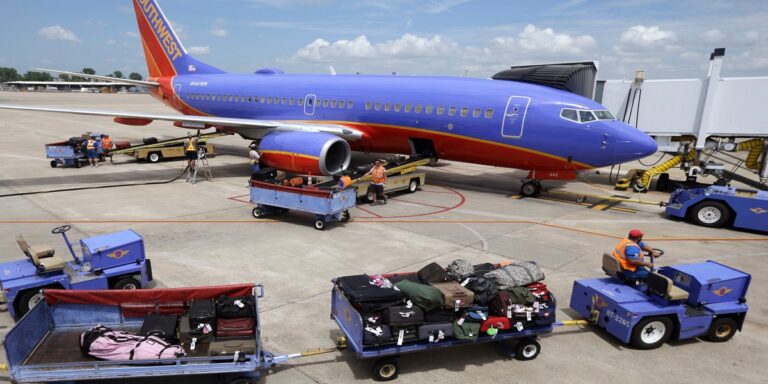British American Tobacco (BAT) Kenya has announced the sale of equipment from its oral nicotine factory in Nairobi’s industrial area. This decision comes after a prolonged period of inactivity due to the company’s inability to secure the necessary government licensing. The move marks the end of BAT Kenya’s efforts to enter the domestic market for modern oral nicotine products, a venture that began in 2019.
BAT Kenya’s Challenges with Licensing
The primary reason for the sale is the regulatory hurdles BAT Kenya has faced. Despite persistent efforts, the company has been unable to obtain a license to operate its oral nicotine factory. This has led to the equipment remaining idle for almost five years, forcing BAT to reconsider its strategy and protect its shareholders’ interests.
Financial Impact on BAT Kenya
The financial repercussions of these regulatory challenges are evident in BAT Kenya’s latest financial report. The company’s profits dropped significantly to KES 2.136 billion (approximately USD 16.38 million), down from KES 2.822 billion (approximately USD 21.64 million) in the same period of 2023. The increased operating costs, driven by macroeconomic challenges such as geopolitical disruptions, inflationary pressures, and currency fluctuations, have further exacerbated the situation.
Macroeconomic Challenges Facing BAT Kenya
During the review period, BAT Kenya faced several macroeconomic challenges. Geopolitical disruptions, particularly those affecting global trade and supply chains, contributed to increased costs. Inflationary pressures, which have been a global issue, impacted the cost of raw materials and other operational expenses. Additionally, currency fluctuations added another layer of financial strain, complicating the company’s economic landscape.
Regulatory Uncertainties in Kenya
The uncertainty surrounding the regulatory environment in Kenya has been a significant impediment for BAT. The inability to secure the required licenses for its oral nicotine products not only stalled production but also hindered the company’s growth plans. This regulatory impasse ultimately led to the decision to sell the idle machinery, as continuing to hold onto the equipment without any clear timeline for operational approval was deemed untenable.
Conclusion of BAT Kenya’s Efforts Since 2019
BAT Kenya’s decision to sell the factory equipment concludes a chapter that began in 2019 when the company first sought to enter the modern oral nicotine market. Despite substantial investments and strategic planning, the lack of a regulatory pathway forced the company to pivot and liquidate its assets in this sector.
FAQs
Why is BAT Kenya selling its nicotine pouch equipment?
BAT Kenya is selling its nicotine pouch equipment due to the failure to obtain the necessary government license to operate the factory, leading to prolonged inactivity and financial losses.
How long has the equipment been idle?
The equipment has been idle for nearly five years.
What were the financial impacts on BAT Kenya?
BAT Kenya’s profits dropped significantly from KES 2.822 billion in 2023 to KES 2.136 billion during the same period in 2024, due to increased operating costs and regulatory challenges.
What macroeconomic challenges did BAT Kenya face?
BAT Kenya faced geopolitical disruptions, inflationary pressures, and currency fluctuations, which increased operating costs and impacted profitability.
What has been the impact of regulatory uncertainties on BAT Kenya?
Regulatory uncertainties have stalled production, hindered growth plans, and ultimately led to the decision to sell the idle machinery due to the lack of a clear timeline for obtaining the necessary licenses.


















